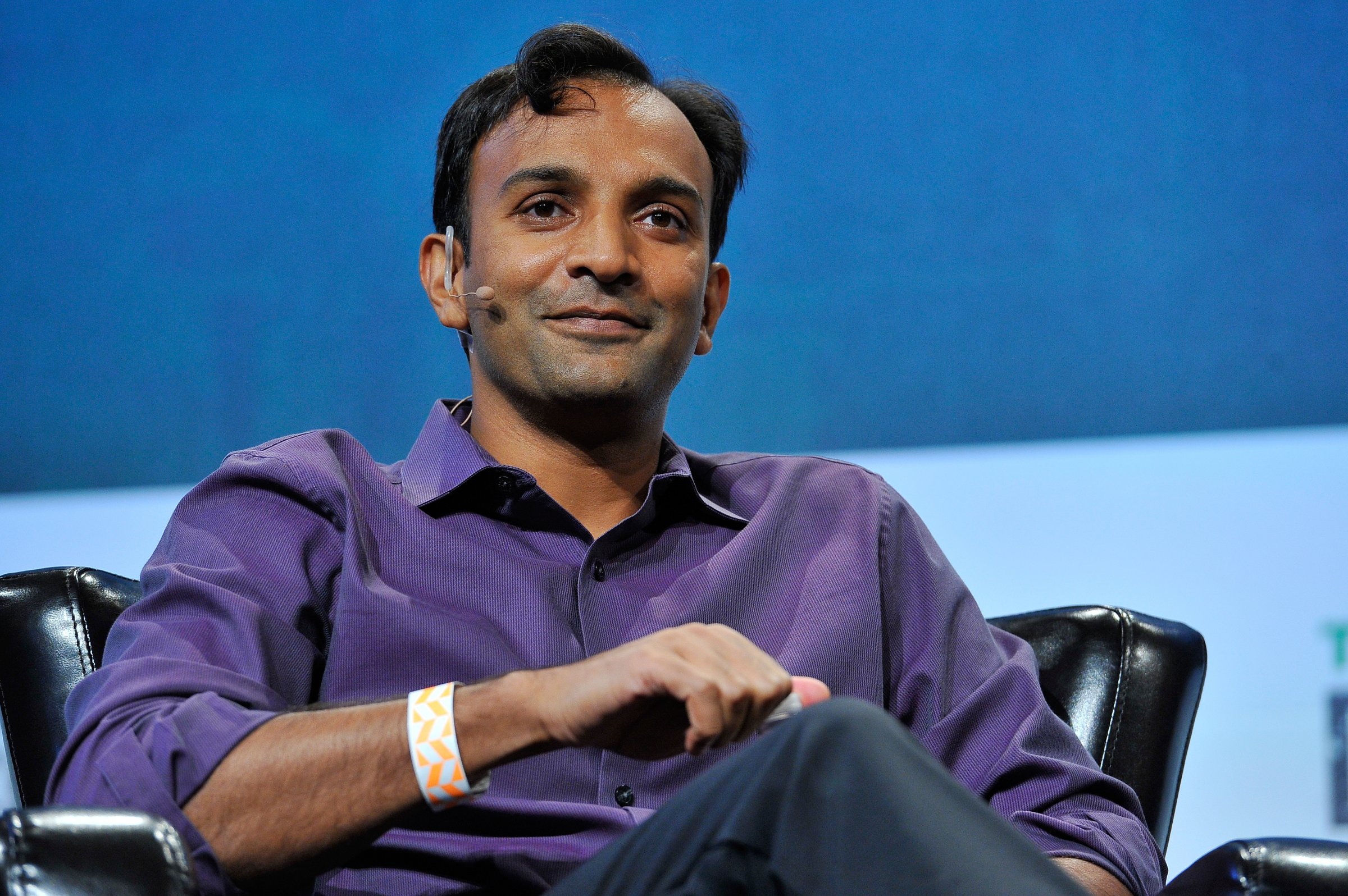
Dhanurjay “DJ” Patil is the first ever Chief Data Scientist for the United States government, and he says the key to success is getting that data outside of where he works.
“The best ideas are going to come from outside the federal system,” Patil said Saturday at The Nantucket Project, an annual speaker series held on the island.
Since he began working for the Obama administration in February of 2015, Patil has spearheaded Data.gov, a website where he has made over 130,000 datasets available to the public.
“This is literally the most data-driven president we’ve had,” Patil said, arguing that a data-focussed government can “responsibly unleash the power of data to benefit America.”
“You enable transparency, you create efficiency, you provide security, you use it to foster innovation,” said Patil.
To that end, he and his team are working to use data to improve civilian life in a number of ways. In health care, they’re working on harnessing genomic and personal health information to work on precision medicine, which the initiative describes as “an innovative approach to disease prevention and treatment that takes into account individual differences in people’s genes, environments, and lifestyles.”
In criminal and social justice, Patil wants to improve policing by encouraging different states and precincts to share information in order to compare stop rates, search rates, and other metrics to “[give] data back to the officer to make better decisions.” Patil says projects are also underway in in higher education and housing development.
The scientist acknowledges that questions remain as to how the government should be using its data capabilities. For example, he acknowledges that issues like data ethics—who is responsible when a self driving car crashes?—and data discrimination—what happens when an algorithm discriminates, either intentionally or unintentionally?—could be future stumbling blocks for federal data usage.
But for now, he says, the mission is to use data in government to inspire kids like Ahmed Mohamed, who was arrested for bringing a homemade clock to school. He talked about how Mohamed’s teacher “crushed his spirit,” saying, “That’s what happens every single day for a girl in science. That’s what happens every day for some kid in an inner city school.”
“How do we come up with different technologies that power inspiration…[and] how do we make sure they’re available to those kids out there?,” Patil added.
More Must-Reads From TIME
- The 100 Most Influential People of 2024
- The Revolution of Yulia Navalnaya
- 6 Compliments That Land Every Time
- What's the Deal With the Bitcoin Halving?
- If You're Dating Right Now , You're Brave: Column
- The AI That Could Heal a Divided Internet
- Fallout Is a Brilliant Model for the Future of Video Game Adaptations
- Want Weekly Recs on What to Watch, Read, and More? Sign Up for Worth Your Time
Write to Tessa Berenson at tessa.Rogers@time.com